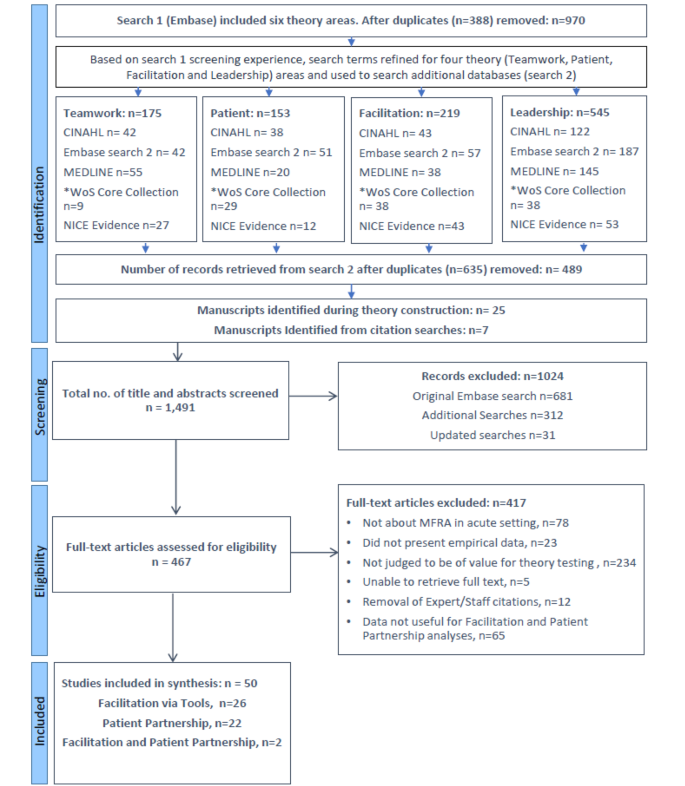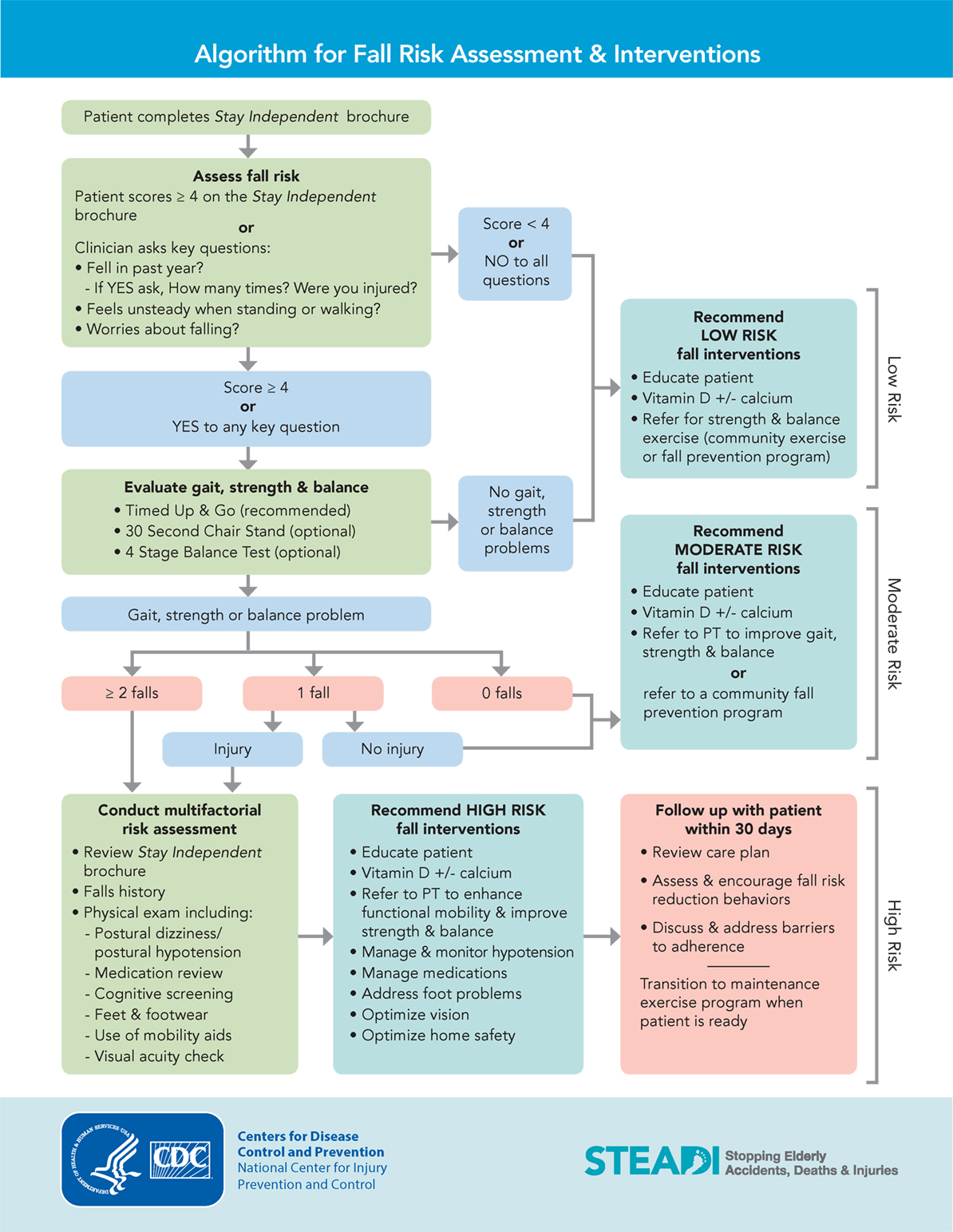Dementia Fall Risk - The Facts
Dementia Fall Risk - The Facts
Blog Article
Some Known Factual Statements About Dementia Fall Risk
Table of ContentsThe Buzz on Dementia Fall RiskDementia Fall Risk for BeginnersDementia Fall Risk Fundamentals ExplainedThe smart Trick of Dementia Fall Risk That Nobody is DiscussingNot known Details About Dementia Fall Risk
The FRAT has three sections: fall danger standing, threat factor checklist, and action plan. An Autumn Threat Standing includes data about history of recent drops, medicines, emotional and cognitive standing of the patient - Dementia Fall Risk.If the client scores on a danger aspect, the equivalent variety of factors are counted to the person's fall risk score in the box to the far right. If a patient's fall risk score completes 5 or greater, the individual is at high danger for falls. If the person ratings just 4 factors or lower, they are still at some risk of falling, and the registered nurse needs to utilize their finest scientific analysis to handle all fall risk factors as component of an all natural care plan.
These common techniques, in basic, help create a safe atmosphere that reduces unexpected drops and delineates core preventative measures for all individuals. Indicators are important for people at risk for falls.
More About Dementia Fall Risk
Wristbands ought to include the individual's last and very first name, day of birth, and NHS number in the UK. Information must be printed/written in black versus a white background. Only red color ought to be utilized to signal special client status. These recommendations are consistent with current developments in patient identification (Sevdalis et al., 2009).
Products that are too far might call for the individual to connect or ambulate unnecessarily and can possibly be a threat or add to falls. Helps prevent the person from heading out of bed with no aid. Registered nurses reply to fallers' telephone call lights much more rapidly than they do to lights initiated by non-fallers.
Visual impairment can substantially trigger drops. Keeping the beds closer to the flooring reduces the danger of falls and severe injury. Placing the bed mattress on the flooring substantially reduces autumn threat in some health care setups.
More About Dementia Fall Risk
People who are tall and with weak leg muscle mass that attempt to rest on the bed from a standing placement are likely to fall onto the bed since it's as well reduced for them to decrease themselves securely. If a tall client attempts to get up from a low bed without help, the individual is most likely to drop back down onto the bed or miss out on the bed and fall onto the floor.
They're created to promote timely rescue, not to prevent drops from bed. Apart from bed alarms, enhanced supervision for risky individuals likewise may aid protect wikipedia reference against drops.

Patients with a shuffling stride boost fall opportunities substantially. To lower autumn risk, footwear ought to be with a little to no heel, slim soles with slip-resistant walk, and support the ankle joints.
What Does Dementia Fall Risk Do?
Individuals, especially older grownups, have actually decreased aesthetic capacity. Illumination an unfamiliar atmosphere aids enhance exposure if the person should obtain up at evening. In a research, homes with ample lighting report less drops (Ramulu et al., 2021). Improvement in lights in your home may decrease autumn prices in older adults (Dementia Fall Risk). Using stride belts by all healthcare suppliers can advertise safety when helping individuals with transfers from bed to chair.

Caretakers work for guaranteeing a secure, protected, and safe environment. However, studies demonstrated really low-certainty proof that caretakers lower loss threat in acute care healthcare facilities and just moderate-certainty that options like video clip surveillance can reduce sitter use without enhancing loss risk, recommending that caretakers are not as beneficial as at first believed (Greely et al., 2020).
The Definitive Guide for Dementia Fall Risk

Boosted physical conditioning lowers the danger for drops and limits injury that is received when autumn takes place. Land and water-based exercise their explanation programs might be likewise beneficial on equilibrium and stride and consequently reduce the danger for drops. Water exercise might contribute a favorable advantage on balance and stride for women 65 years and older.
Chair Increase Workout is a basic sit-to-stand workout that assists reinforce the muscles in the upper legs and butts and improves wheelchair and independence. The objective is to do Chair Surge exercises without utilizing hands as the customer becomes stronger. See sources area for a comprehensive guideline on just how to carry out Chair Increase workout.
Report this page